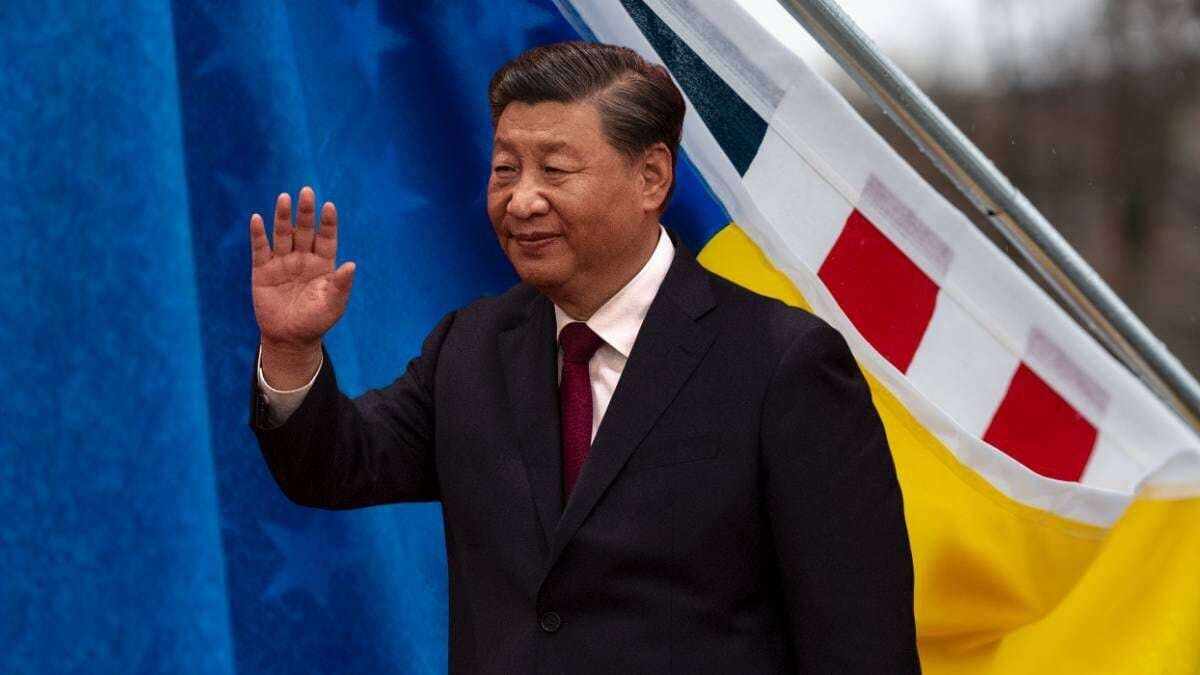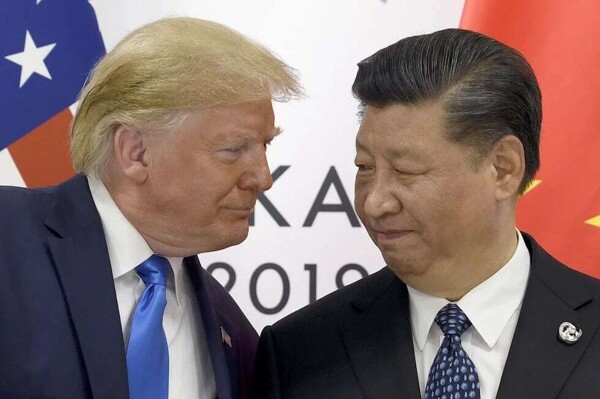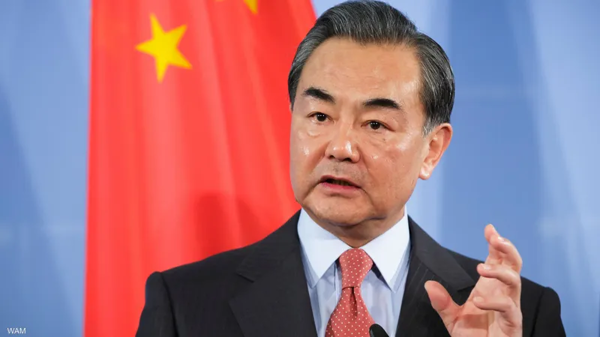
China has publicly welcomed the talks and is positioning itself to benefit from the reconstruction and the deepening of the divide between the United States and its allies on various international issues. One of the greatest challenges for Beijing is to anticipate the actions of the Trump administration in the future.
Beijing had previously accused the United States of attempting to form a version of NATO in the Pacific while the Biden administration was strengthening its security alliances in the region. This week, the Chinese Navy sent three warships near the coast of Sydney, Australia, as a demonstration of its ambition to have a military presence in Asia and the Pacific.
In a sign of a firmer stance in Asia, the U.S. State Department removed the phrase supporting Taiwan's independence, a frequent demand from Beijing. This reflects the intention of the United States to focus its military assets on countering China, according to comments from individuals close to the Republican party.
Although an invasion is not foreseen in the short term, a shift in military support for Taiwan could make it more vulnerable to Chinese pressure. China might engage in peace negotiations in Russia and Ukraine or even play a role in a Trump-led agreement.
As events between Russia and the U.S. evolve, China has avoided provoking Trump and has responded moderately to U.S. actions. Meanwhile, the U.S. is closely monitoring China's actions in the South China Sea and its territorial disputes.
The possibility of a peacekeeping mission in Ukraine could improve China's relations with Europe, giving it the opportunity to enhance its international image. China is willing to offer assistance for the reconstruction of Ukraine, utilizing its Belt and Road initiative.
For China, the end of the war in Ukraine could represent both opportunities and threats, especially if it becomes the focus of U.S. military attention. As talks are held to negotiate an end to the war in Ukraine, the possibility of a tripartite meeting among Putin, Xi, and Trump is raised to discuss defense issues.
Chinese leaders are preparing to reveal the country's economic growth objectives, while Trump has adopted a more conciliatory tone towards China, suggesting the possibility of a trade agreement. Meanwhile, the U.S. Secretary of Defense has highlighted the importance of security guarantees backed by various international troops instead of deploying U.S. forces. In this context, Xi seems to be focusing his attention on the economy, especially in the face of internal economic challenges.













